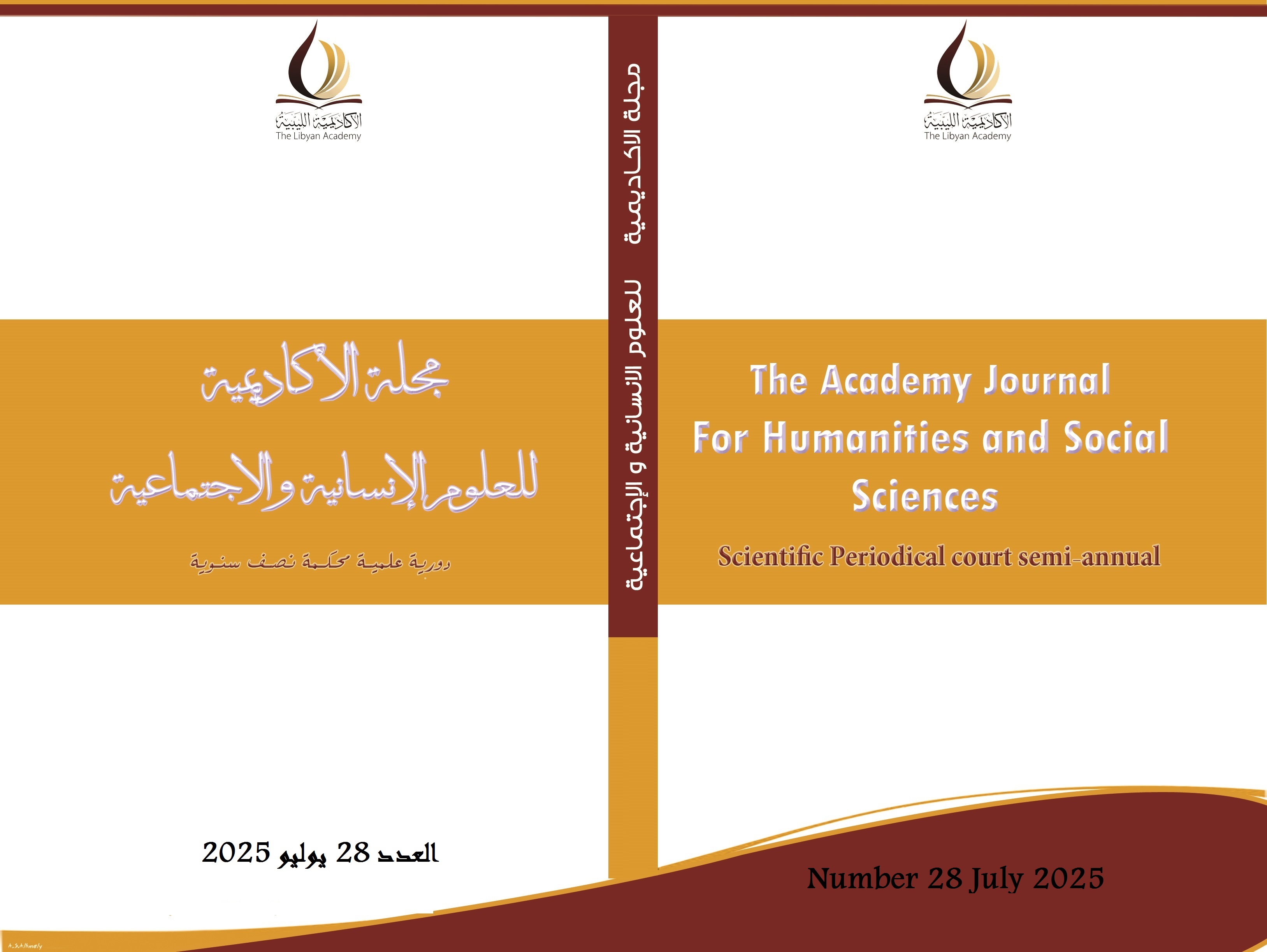The Economic Implications of Major Political Transformations
A Case Study of China Under Mao Zedong and Deng Xiaoping
DOI:
https://doi.org/10.64095/ajhss.v16i28.112Keywords:
Political transformations, national economies, People's Republic of ChinaAbstract
The research paper discusses the impact of major political transformations occurring in countries on national economies, through a case study of the People’s Republic of China, during the reigns of Mao Zedong 1949: 1976 AD, and Deng Xiaoping 1978: 1992 AD, Since the middle of the twentieth century, China has witnessed a series of political transformations that greatly affected its economic and social structure. During the era of Mao Zedong, radical socialist policies were implemented, such as the Great Leap Forward and the Cultural Revolution, which led to profound economic and social crises. After the death of Mao, Deng Xiaoping assumed leadership, and began implementing economic reforms aimed at moving from a centrally planned economy to a mixed, market-based economy. These reforms resulted in an unprecedented economic boom, as elements of the free market were integrated within the socialist system, which led to Improving living standards and enhancing social conditions, Through this study, an integrated vision is presented on how the major political changes that China has witnessed affect its national economy and its economic relations with the outside world.
References
أحمد فاروق عباس (2019) "التجربة التنموية في الصين... الواقع والتحديات". _ المجلة العلمية للاقتصاد والتجارة.
زينة علي حمود)2021) تأثير الصعود الصيني على طبيعة النظام الدولي، قسم العلاقات الدولية والدبلوماسية، كلية الحقوق والعلوم السياسية والإدارية -الجامعة اللبنانية (رسالة ماجستير)
غطاس محمد الأمين (2020) الصعود الصيني في العلاقات الدولية، دراسة نقدية لرؤية الباحث الصيني يان شويتونغ، قسم العلوم السياسية -كلية الحقوق والعلوم السياسية-جامعة قاصدي مرباح ورقلة (رسالة ماجستير)
ملامح نصيرة (2018) الاستراتيجية الاقتصادية للصين ومكانتها في النظام الدولي، قسم الدراسات الدولية، كلية العلوم السياسية والعلاقات الدولية، جامعة الجزائر. (أطروحة دكتوراه)
كارل غيرث(2012) على خطى الصين يسير العالم، كيف يحدث المستهلكون الصينيون تحولاً في كل شيء، ترجمة طارق عليان. - الامارات العربية المتحدة: هيئة أبو ظبي للثقافة والتراث.
مايكل إي وبراون أوين ...وآخرون(2010) صعود الصين، ترجمة مصطفى قاسم. - القاهرة: مكتبة طريق العلم-المركز القومي للترجمة.
محمد زريق(2021) مراجعة كتاب قادة الصين من ماو إلى الآن، للبروفيسور ديفيد شامبو، دار النشر بوليتي، تاريخ الزيارة الثلاثاء 28/1/2025، الساعة 10:42 مساءاً. - متاح على الرابط: https://www.almayadeen.net
فيصل محمود خليفة الدرعي (2023)." قراءة في الاستراتيجية الصينية خلال عقدين"، أكتوبر. - تاريخ الزيارة الثلاثاء 28/1/2025، الساعة 10:47 مساءاً. – متاح على الرابط: https://trendsresearch.org
بن خالد عبد الكريم (د-ت) قراءة وتحليل للكتاب الأبيض، رحلة الصين الملحمية من الفقر إلى الازدهار العربية CGTN، أخبار الصين والعالم، تاريخ الزيارة الثلاثاء 10/12/2024، الساعة 10:31 مساءاً. – متاح على الرابط: https://arabic.cgtn.com
الحرب الأهلية الصينية، تاريخ الزيارة الثلاثاء 10/12/2024، الساعة 3:34 صباحاً. – متاح على الرابط: https://ar.wikipedia.org
ريتشارد نيكسونن ويكيبيديا، تاريخ الزيارة الجمعة 13/12/2024، الساعة 10:50 صباحاً. – متاح على الرابط: https://ar.wikipedia.org
تاريخ جمهورية الصين الشعبية، تاريخ الزيارة الثلاثاء 10/12/2024، الساعة 3:47ص. – متاح على الرابط: https://ar.wikipedia.org
ماو تسي تونغ، تاريخ الزيارة الثلاثاء 10/12/2024، الساعة 3:58 صباحاً. – متاح على الرابط: https://ar.wikipedia.org
التاريخ الاقتصادي للصين من 1948م إلى الآن، تاريخ الزيارة الثلاثاء 10/12/2024، الساعة 7:32 مساءاً. – متاح على الرابط: https://ar.wikipedia.org
Downloads
Published
How to Cite
Issue
Section
License

This work is licensed under a Creative Commons Attribution-ShareAlike 4.0 International License.





